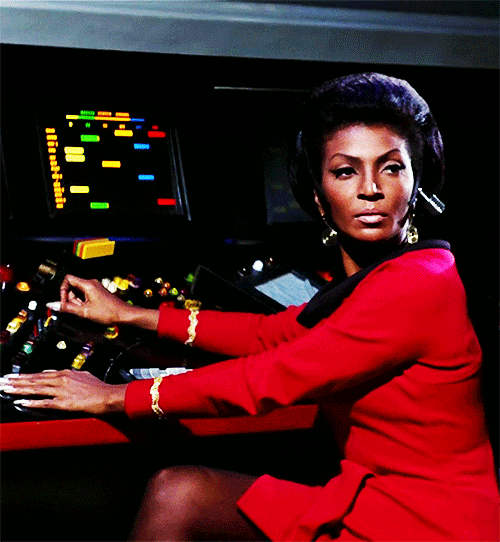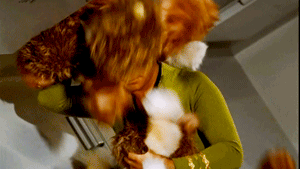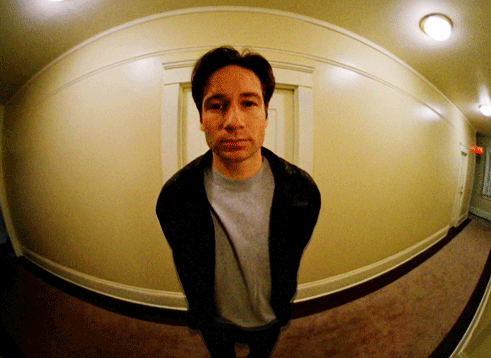According to Scotland Yard, sci-fi television shows like Star Trek and Roswell have more in common than a search for alien life. At the turn of the century, U.K. police apparently feared these shows could unite their fans in dangerous UFO cults reminiscent of Heaven’s Gate.
A newly released pair of undated documents has indicated that at the turn of the 21st century, British police were leery of organizations like UFO cults and other “New Religious Movements,” or NRMs.
“The problem is that growing numbers are not treating this as entertainment, and finding it impossible to divorce fantasy from reality.”
The revelation comes 10 years after folklorist Dr. David Clarke first filed a Freedom of Information request with the Metropolitan Police to obtain the documents. Clarke sought the documents in 2005 as research for his 2009 book The UFO Files. The pages released include a two-page memo designed for anti-terrorist officers. In a blog post discussing the documents, Clarke claims that X-Files, Millennium, Dark Skies, and Star Trek are all series the Met viewed as dangerous.
According to the brief, these shows would press “the psychological buttons” of fans, and thus encourage a “sinister” level of interest from “certain groups and individuals” who cared too much about the content of such programs.
Why these shows in particular? The Met apparently believed they held a peculiar sway over their audience because they united “the various strands of religion, UFOs, conspiracies and mystic events and put them in an entertaining story line.”
Yep. That’s what these shows are all about. Mystic events…
…and harrowing conspiracies.
Or, you know, it’s possible those fans were drawn to strong characters and good storylines, like any other show on television. Then again, this was the ’90s, and fandom and geek culture was still primarily seen as a weird, obsessive, and potentially subversive hobby to the mainstream.
The brief went on to intone, “The problem is that growing numbers are not treating this as entertainment, and finding it impossible to divorce fantasy from reality.” It also warned the force not to “dismiss” such fans as “mentally deranged.” Gee, thanks.
The urgency was apparently born out of fear of millennial cults and other looming new age catastrophes—a fear exacerbated by the 1997 mass suicide of Heaven’s Gate followers. The brief urged anti-terrorist squads to be wary of conspiracy buffs, along with that age-old lure to the dark side, rock and roll music:
The purpose of this note is to draw attention [to] the risk posed by UFO NRM’s, in relation to the millennium. It should be remembered that UFO NRM’s are new, and draw inspiration from sources one would not normally associate with religious devotion, particularly rock music, television drama and feature films.
Over the past decade, there has been an increase of interest in alleged governmental conspiracy theories. The spectrum of topics is wide ranging. Particular interest is shown in UFO sightings, alien abductions, political assassinations (particularly John F. Kennedy), the Vietnam war, aeronautical and computer technology.
So basically, it sounds like at the turn of the century the British police force was terrified of any and all pop culture, with an especially deep insecurity over sci-fi and television.
We can only guess at the sheer panic YouTube and the return of Doctor Who would cause Scotland Yard just a few godless years later.
A spokesperson from the Met told the Telegraph that the force had no knowledge of the dossiers or the warnings to beware of aliens on television.
We hope they’re just really, really embarrassed.
Illustration via NASA Ames/JPL-Caltech/Tim Pyle





